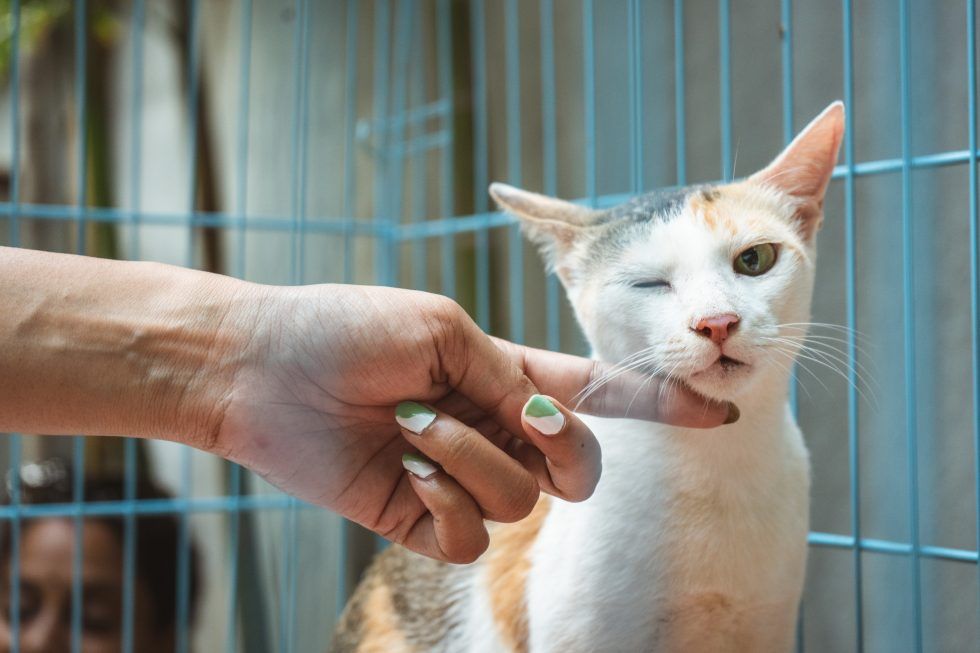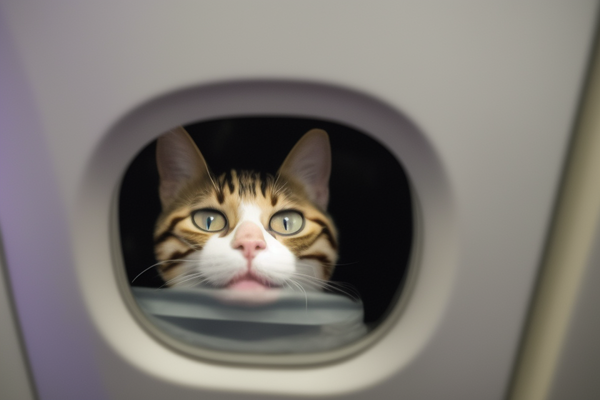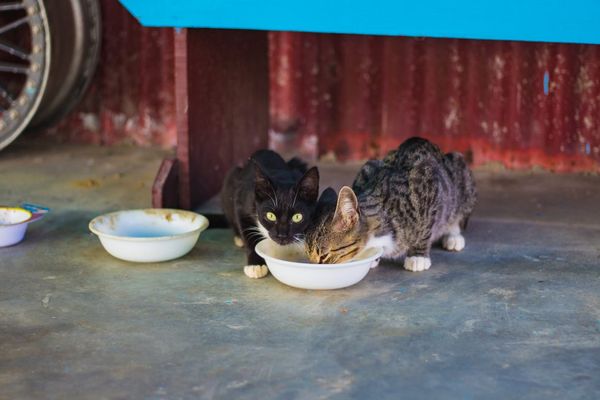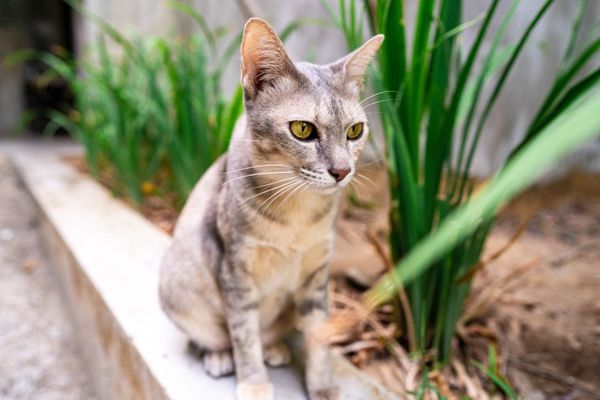Feline Infectious Peritonitis (FIP)
Feline infectious peritonitis (FIP) is caused by infection with a virus known as feline coronavirus (FCoV). Coronaviruses are a common group of viruses that often infect the upper respiratory tract or gastrointestinal tract in different animals.
It is important to note that the coronaviruses affecting cats are different from the coronavirus which causes COVID-19 in people. The FIP-causing feline coronavirus cannot affect people, and as far as we know, the COVID-19 causing coronavirus does not cause infection in cats. This article is only concerning FCoV that affects cats.
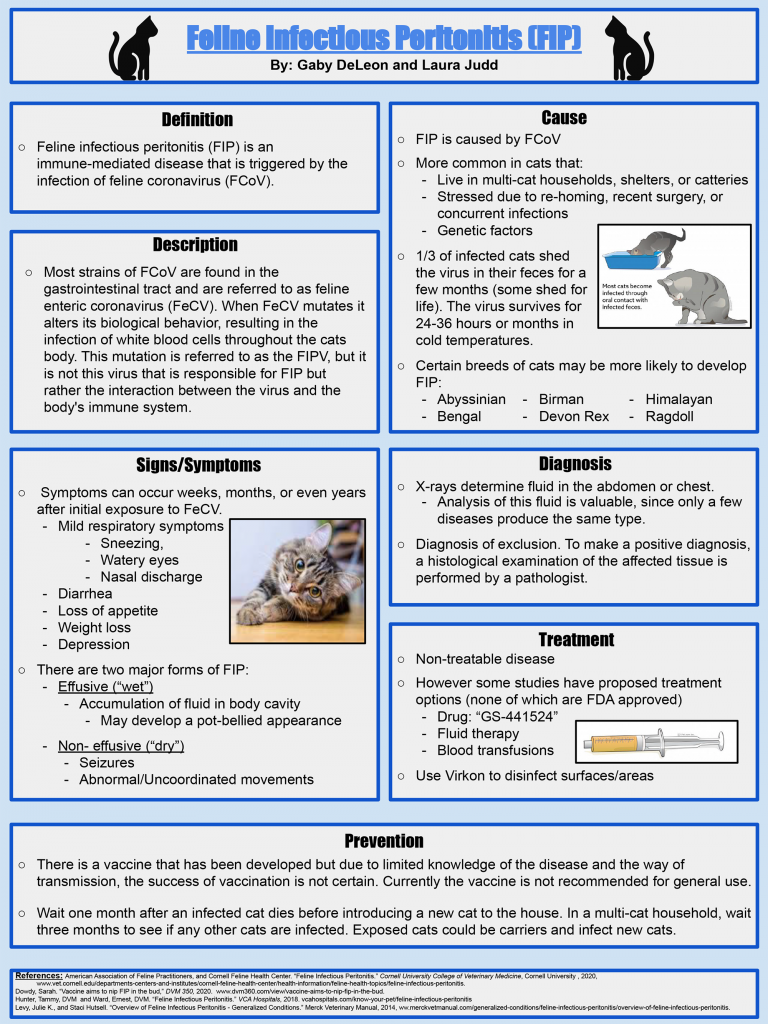
Causes of FIP
FIP is caused by infection with a virus known as feline coronavirus (FCoV). Coronaviruses are a common group of viruses that often infect the upper respiratory tract or gastrointestinal tract in different animals. It is contracted main from the cat ingesting the virus from other cats.
Just as the flu is common in humans, infection with coronavirus is also very common in cats – but most of the time it doesn’t lead to many problems. However, in some cases, the virus mutates into a strain of coronavirus which has the potential to cause more serious complications. This mutated strain is what causes Feline Infectious Peritonitis.
Since Coronavirus infections are widespread, it’s common where large numbers of cats are kept together. Therefore the infection rate increases in multi-cat households, or colonies.
The virus mainly infects the intestinal tract, and is shed in the faeces of cats. The virus may survive in the environment, but it can be destroyed by disinfectants.
How does FCoV cause FIP?
Infections with FCoV are usually limited to the intestinal tract, and in cats with a good immune response, the infection will not mutate.
However, in some cases, the virus replicates in the intestine and mutates to develop different strains. Occasionally this virus alters and becomes feline infectious peritonitis virus (FIPV). This then begins to spread throughout the body. If it is not fought by a strong immune response, the cat will develop signs of FIP.
Signs and symptoms
FIP can cause a very wide range of clinical signs which aren’t unique to FIP, including:
- Mild respiratory symptoms
- Diarrhea
- Loss of appetite
- Weight loss
- Depression
- Fever or lethargy
Signs can take anything from days, to weeks or months to appear.
There are two main forms of the disease known as ‘wet’ or ‘effusive’ disease, and ‘dry’ or ‘non-effusive’ disease. Sometimes both types can be present.
‘Wet’ or effusive FIP
This form of the disease results in an accumulation of fluid in the abdominal cavity due to inflammation, resulting in a pot-bellied appearance and breathing difficulties.
‘Dry’ or non-effusive FIP
With non-effusive disease, the cat will generally develop chronic inflammatory lesions around blood vessels in the body, and the cat will often show symptoms such as seizures or abnormal movements.
How can FIP be diagnosed?
FIP may be considered more likely when:
- Cats are showing clinical signs
- Cats are in a higher risk category (colony cats, etc.)
However, FIP is quite a difficult disease to deal with since clinical signs are not specific to the disease, and there’s no simple blood test to confirm a diagnosis.
Your veterinarian may perform a X-Ray to determine excess fluid on the abdomen or chest and if present, analyse this fluid to test for high protein content to confirm a suspected case of FIP.
The best test to confirm a diagnosis of FIP is to collect a biopsy from affected tissues – which can be examined by a pathologist. This is only possible if the cat is not already too sick to have a surgery performed.
Treatment for FIP
In most cases of FIP, clinical signs get worse over time. Unfortunately, in many cases the progression of the disease is rapid, and difficult to deal with. In these cases euthanasia can be required within a matter or days or weeks.
FIP is a challenging disease to treat and in many cases incurable. The most common supportive care is to offer fluid therapy and anti-inflammatory drugs to relieve symptoms.
However, with modern research there are experimental treatments available (such as anti-viral drugs) which are showing positive signs of progress.
Prevention of FIP
A commercial vaccine is available in some countries but it is not yet recommended for general use. Preventing FIP in multi-cat households, colonies or breeding facilities is crucial – especially since some breeds are thought to be more likely to develop FIP (including Bengal, Himalayan and Ragdoll).
It’s best to avoid keeping large groups of cats or multiple litters at any one time, to have at least one litter box per every 2 cats, and to keep litterboxes away from food and water sources. If you have had a case of FIP then it’s important to fully disinfect your home.
We hope you have found our articles useful. All of our education and advice is available for free, wherever you are in the world.
As a charity we rely on donations to allow us to continue helping cats in our local community, and to keep updating this site with useful information.
Any donation to support our work at Adopt Meow is greatly appreciated.


